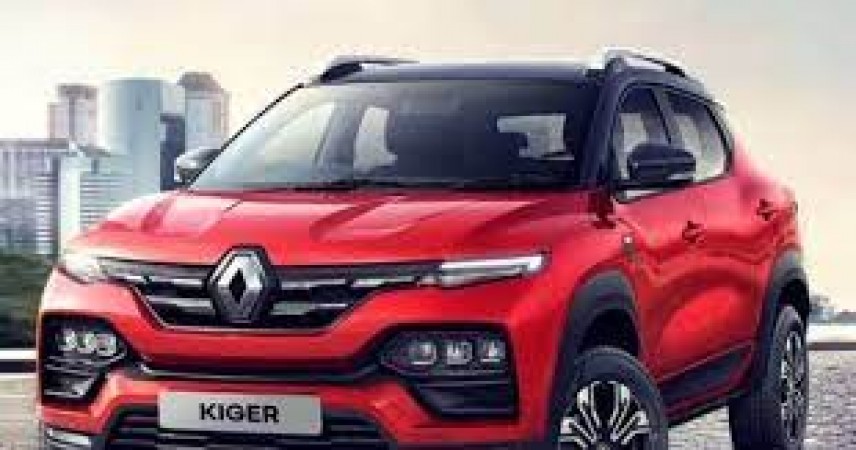
In the fast-evolving landscape of the automotive industry, electric vehicles (EVs) have emerged as disruptive forces, challenging the status quo and transforming the way we think about transportation. Traditional car companies, once dominant on the roads, are now facing unprecedented challenges as they grapple with the rising popularity of electric vehicles.
The automotive landscape is undergoing a paradigm shift, with electric vehicles at the forefront of this revolution. As concerns about climate change and environmental sustainability intensify, consumers are increasingly turning to EVs as a cleaner and greener alternative to traditional combustion engine vehicles.
Traditional car manufacturers, long accustomed to the roar of internal combustion engines, find themselves grappling with a rapidly changing market. The challenges they face are multifaceted and have the potential to disrupt their established business models.
One of the significant challenges faced by traditional car companies is their attachment to legacy systems. The metaphorical "lamp" of traditional engines, once a symbol of innovation, now casts a shadow on their ability to adapt to the electric future.
Despite the undeniable benefits of electric vehicles, traditional car companies are struggling to effectively market their electric counterparts. Communicating the advantages of EVs and dispelling myths around range anxiety and charging infrastructure remains a hurdle.
Many consumers are still in the dark about the benefits of electric vehicles. Traditional car manufacturers must invest in educating the public about the advantages of EVs, from lower maintenance costs to environmental benefits.
While traditional car companies navigate the challenges posed by electric vehicles, a new breed of startups is accelerating down the road less traveled. Electric mobility startups are nimble, innovative, and unburdened by the weight of legacy systems, making them formidable competitors.
Electric mobility startups are agile and quick to adapt, allowing them to stay ahead of the curve. Their ability to embrace cutting-edge technology and respond swiftly to market demands gives them a competitive edge over traditional counterparts.
Unlike some traditional car companies, electric mobility startups are often more customer-centric. They prioritize user experience, offering sleek designs, intuitive interfaces, and a focus on sustainability, which resonates with the environmentally conscious consumer.
In the battle between tradition and technology, startups are unapologetically choosing the latter. They are at the forefront of innovation, incorporating the latest advancements in battery technology, autonomous driving, and sustainable materials.
As traditional car companies confront the challenges posed by electric vehicles, it's crucial for them to devise strategies that enable a smooth transition into the electric future.
To thrive in the era of electric mobility, traditional car manufacturers must shed the weight of tradition. Embracing change, adopting electric technologies, and investing in research and development are imperative.
A successful transition to electric vehicles requires a comprehensive marketing reboot. Traditional car companies should invest in campaigns that educate consumers, dispel myths, and highlight the advantages of EVs.
Collaboration with electric mobility startups and tech companies can foster innovation. By forming strategic partnerships, traditional car manufacturers can tap into the expertise of those at the forefront of electric vehicle technology.
In conclusion, the rise of electric vehicles poses both a challenge and an opportunity for traditional car companies. The road ahead may be uncertain, but by embracing change, prioritizing innovation, and redefining their marketing strategies, these companies can navigate the electric highway successfully.
Let Mango and Lemon Take a Break: Now Papaya Takes Spotlight in Pickle Making! Here's Recipe
Here's How to Recognize the Hidden Dangers of Repeatedly Using the Same Glass for Drinking Water
Universal Health Coverage Day 2023- Know Ayushman Bharat and More